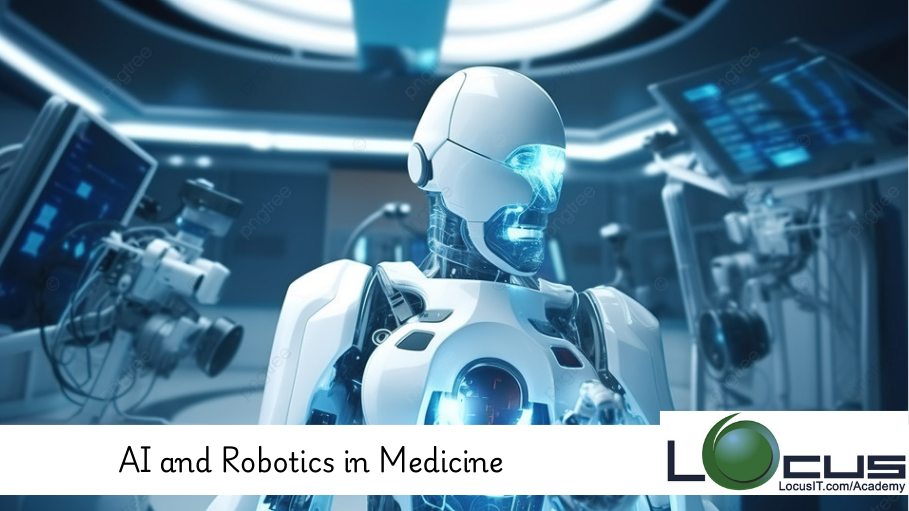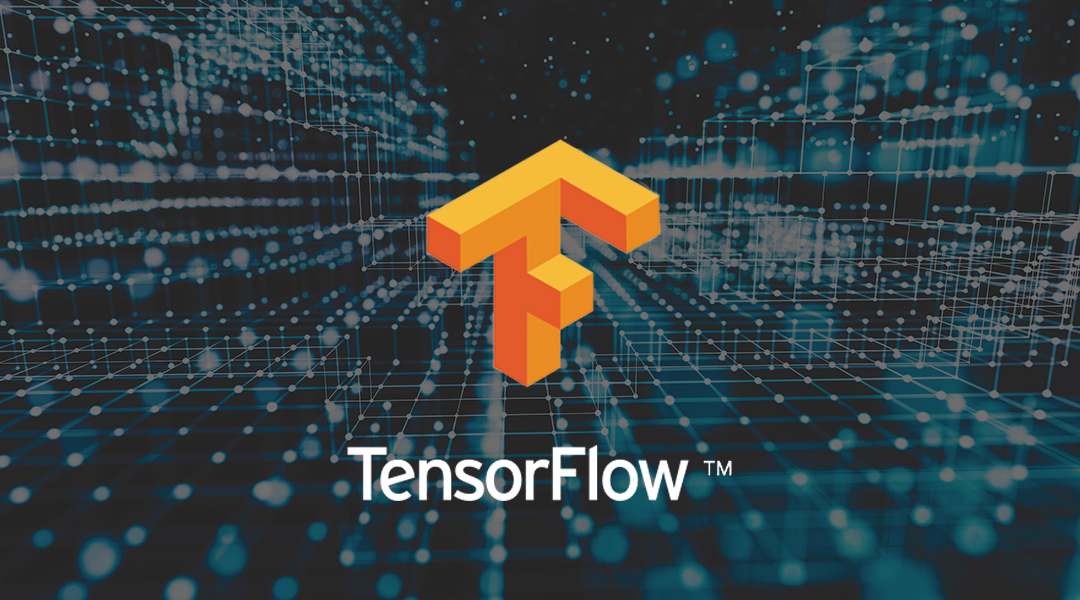Description
Introduction of AI and Robotics in Medicine
The integration of artificial intelligence (AI) and robotics is transforming healthcare, driving innovations in diagnosis, treatment, and patient care. This training program explores how AI and robotics are revolutionizing medical practices and shaping the future of healthcare. From automated diagnostics to robot-assisted surgeries, participants will gain a comprehensive understanding of cutting-edge technologies and their applications. By the end of the course, attendees will be equipped to leverage AI and robotics for improving healthcare delivery, patient outcomes, and operational efficiency.
Prerequisites
To fully benefit from this course, participants should have:
- Basic understanding of healthcare systems (knowledge of clinical practices, patient care, or healthcare administration)
- Familiarity with AI concepts (knowledge of AI fundamentals, including machine learning, is beneficial but not required)
- Interest in healthcare innovation and technology (no prior knowledge of robotics or AI in healthcare is required)
Table of Contents
1: Introduction to AI and Robotics in Healthcare
- Overview of AI and Robotics in Medicine
- Definition and key concepts of AI and robotics
- Historical context: Evolution of AI and robotics in the medical field
- The Role of AI and Robotics in Modern Healthcare
- Understanding how these technologies are integrated into clinical workflows
- Current trends and future outlook for AI and robotics in healthcare
2: AI in Diagnostics and Decision-Making
- AI-Driven Diagnostics
- Applications of AI in medical imaging, pathology, and early disease detection
- AI’s role in personalized medicine and predictive analytics
- AI in Clinical Decision Support Systems
- How AI is assisting healthcare professionals in making more accurate diagnoses and treatment plans
- Overview of machine learning algorithms in healthcare
- Hands-On Lab: Exploring an AI-based diagnostic tool (e.g., AI in medical imaging)
3: Robotics in Surgery and Patient Care
- Robot-Assisted Surgery
- Overview of robotic systems (e.g., da Vinci Surgical System) and their capabilities
- The advantages of robotics in enhancing precision and reducing recovery times
- Robotics in Rehabilitation and Elder Care
- Exploring robotic exoskeletons, prosthetics, and caregiving robots (Ref: AI for Robotics: Building Autonomous Systems)
- How robotics is improving mobility and quality of life for patients
- Hands-On Lab: Simulation of robot-assisted surgical procedures
4: AI and Robotics in Healthcare Operations
- AI in Hospital and Healthcare Management
- Automation in hospital operations: patient scheduling, resource allocation, and workflow optimization
- Predictive analytics for optimizing hospital supply chains and reducing costs
- Robotics in Healthcare Delivery
- Applications of robotics for logistics, sanitation, and telepresence in healthcare environments
- The role of drones and automated systems in delivering healthcare services remotely
- Hands-On Lab: Implementing an AI solution for optimizing healthcare workflows
5: Ethical, Legal, and Regulatory Considerations
- Ethical Challenges in AI and Robotics in Medicine
- Addressing concerns about bias in AI algorithms, privacy, and data security
- The ethical implications of autonomous decision-making by AI systems
- Regulatory Frameworks and Compliance
- Overview of global regulations governing AI and robotics in healthcare
- Navigating the approval processes for AI and robotic medical devices
- Case Studies: Analyzing real-world examples of ethical dilemmas in AI and robotics in healthcare
6: Future Trends and Innovations in AI and Robotics
- Emerging Innovations in Healthcare
- Exploring advancements in AI for drug discovery, genomics, and mental health
- The future of robotic surgery: Miniaturized robots, soft robotics, and AI integration
- AI and Robotics in Global Healthcare
- The impact of AI and robotics on global healthcare accessibility and equity
- Potential applications of AI and robotics in underserved regions and rural healthcare
- Final Project: Developing a proposal for an AI or robotics solution to address a healthcare challenge (e.g., telemedicine, surgery, diagnostics, etc.)
This training equips participants with the knowledge and skills to navigate and innovate in the rapidly evolving field of AI and robotics in medicine, preparing them to apply these technologies to improve healthcare delivery, patient outcomes, and operational efficiency in a variety of settings.







Reviews
There are no reviews yet.